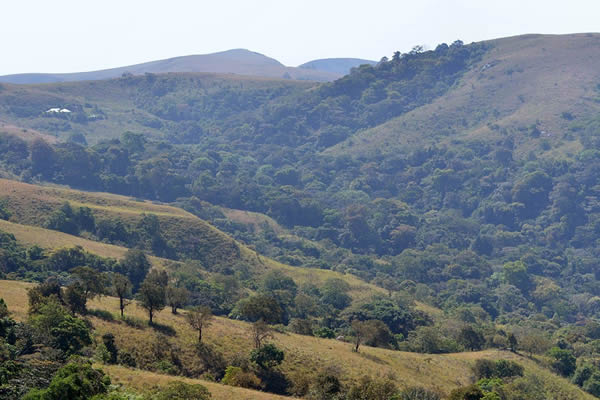About us
History of Borno
Borno State is a state in the North-East geopolitical zone of Nigeria. It is bordered by Yobe to the west for about 421 km, Gombe to the southwest for 93 km, and Adamawa to the south while its eastern border forms part of the national border with Cameroon for about 426 km (265 miles, partly across the Ebedi and Kalia Rivers). Its northern border forms part of the national border with Niger for about 223 km, mostly across the Komadougou-Yobe River, and its northeastern border forms all of the national border with Chad for 85 km (53 miles),.
Learn more about us
It is the only Nigerian state to border up to three countries. It takes its name from the historic emirate of Borno, with the emirate's old capital of Maiduguri serving as the capital city of Borno State. The state was formed in 1976 when the former North-Eastern State was broken up. It originally included the area that is now Yobe State, which became a distinct state in 1991.
From the 700s, what is now Borno State was within the territory of the Kanem Empire, an empire spanning from modern-day southern Libya (Fezzan) south through most of now-Chad into modern-day Borno State. In the late 1300s, the Kanem Empire was forced to move after unsuccessful wars, becoming the Bornu Empire before regaining strength and ruling the wider area for the next 500 years. It was not until the early 1800s when the Fulani jihad significantly weakened the Empire, that Bornu began to decline. Much of modern-day southern Borno State was seized in the wars and incorporated into the Adamawa Emirate under the Sokoto Caliphate. About 80 years later, Rabih az-Zubayr, a Sudanese warlord, conquered the Empire and ruled until he was killed by French forces in the 1900 Battle of Kousséri. The Adamawa Emirate was also defeated by colonial powers, losing the Adamawa Wars to Germany and the British Empire. Both Rabih's lands (later reconstituted as the Borno Emirate) and the Adamawa Emirate were then divided among colonial powers with modern-day Borno State being split between Germany and the British Empire..

Borno State has been inhabited for years by various ethnic groups, including the Dghwede, Glavda, Guduf, Laamang, Mafa, and Mandara in the central region; the Afade, Yedina (Buduma), and Kanembu in the extreme northeast; the Waja in the extreme south; and the Kyibaku, Kamwe, Kilba, and Margi groups in the south while the Kanuri and Shuwa Arabs live throughout the state's north and centre. Religiously, the vast majority of the state's population (~85%) are Muslim with smaller Christian and traditionalist minorities (especially in the south) at around 7% each. From the 700s, what is now Borno State was within the territory of the Kanem Empire, an empire spanning from modern-day southern Libya (Fezzan) south through most of now-Chad into modern-day Borno State.
From the 700s, what is now Borno State was within the territory of the Kanem Empire, an empire spanning from modern-day southern Libya (Fezzan) south through most of now-Chad into modern-day Borno State. In the late 1300s, the Kanem Empire was forced to move after unsuccessful wars, becoming the Bornu Empire before regaining strength and ruling the wider area for the next 500 years. It was not until the early 1800s when the Fulani jihad significantly weakened the Empire, that Bornu began to decline. Much of modern-day southern Borno State was seized in the wars and incorporated into the Adamawa Emirate under the Sokoto Caliphate. About 80 years later, Rabih az-Zubayr, a Sudanese warlord, conquered the Empire and ruled until he was killed by French forces in the 1900 Battle of Kousséri. The Adamawa Emirate was also defeated by colonial powers, losing the Adamawa Wars to Germany and the British Empire. Both Rabih's lands (later reconstituted as the Borno Emirate) and the Adamawa Emirate were then divided among colonial powers with modern-day Borno State being split between Germany and the British Empire.



